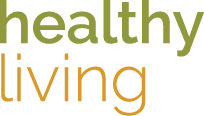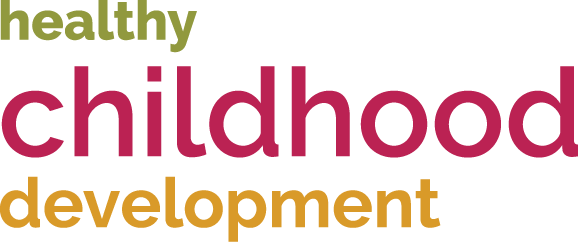

We began our journey by reviewing public health data and dialoging with community stakeholders to identify our region's greatest barriers to health, which are:
(Please click here to review our region's full Community Health Needs Assessment report. This assessment was completed in partnership with local public health and healthcare partners and is updated every three years.)
A huge share of healthcare resources is used to treat already-established disease. In contrast, GWCHF is focused on the "upstream" determinants of health. We are concentrating on the root causes of disease, addressing health risks at an early stage when prevention, early intervention and health promotion have the biggest benefits.
Two areas in particular are beginning to stand out to us as potential priority investments:
We invite you to learn along with us by exploring each of these topics in greater depth.






Today's fast-paced environment can make it hard to live a healthy lifestyle. Our roads are built for the automobile and, too often, discourage walking and biking. Our most accessible and affordable foods are often processed and loaded with sugar. Our shift to a digital world has eliminated natural down-time and rejuvenation. All too often, the "easiest" choice-the most convenient choice-is an unhealthy choice.
How do these factors influence our health? In Wisconsin, chronic diseases are the leading cause of death and disability, depriving individuals of both years and quality of life. Chronic disease can affect all aspects of life including physical and mental health, family, social life, finances and employment.
The good news? A remarkable 80% of chronic disease can be prevented with a healthy lifestyle. Efforts to promote physical activity, good nutrition, emotional wellbeing and community connectedness will play an important role in improving health and wellness in the greater Watertown region.

The foundation for lifelong health is built in the first months and years of life. The prenatal, infant and preschool years are critical periods of brain development, directly impacting child's long-term cognitive, social and emotional wellbeing. Stable home environments, access to quality childcare, and social enrichment opportunities all play an important role in positive early childhood development.
Investments in early childhood pay off. Strong family support and quality early childhood programs for at-risk children deliver a 7% to 17% percent return on investment through better education, health, social and economic outcomes, and increased productivity. Investing in quality early childhood development is a cost-efficient strategy for improving kindergarten readiness and K-12 achievement, leading to job creation and economic growth in our communities.
![]()